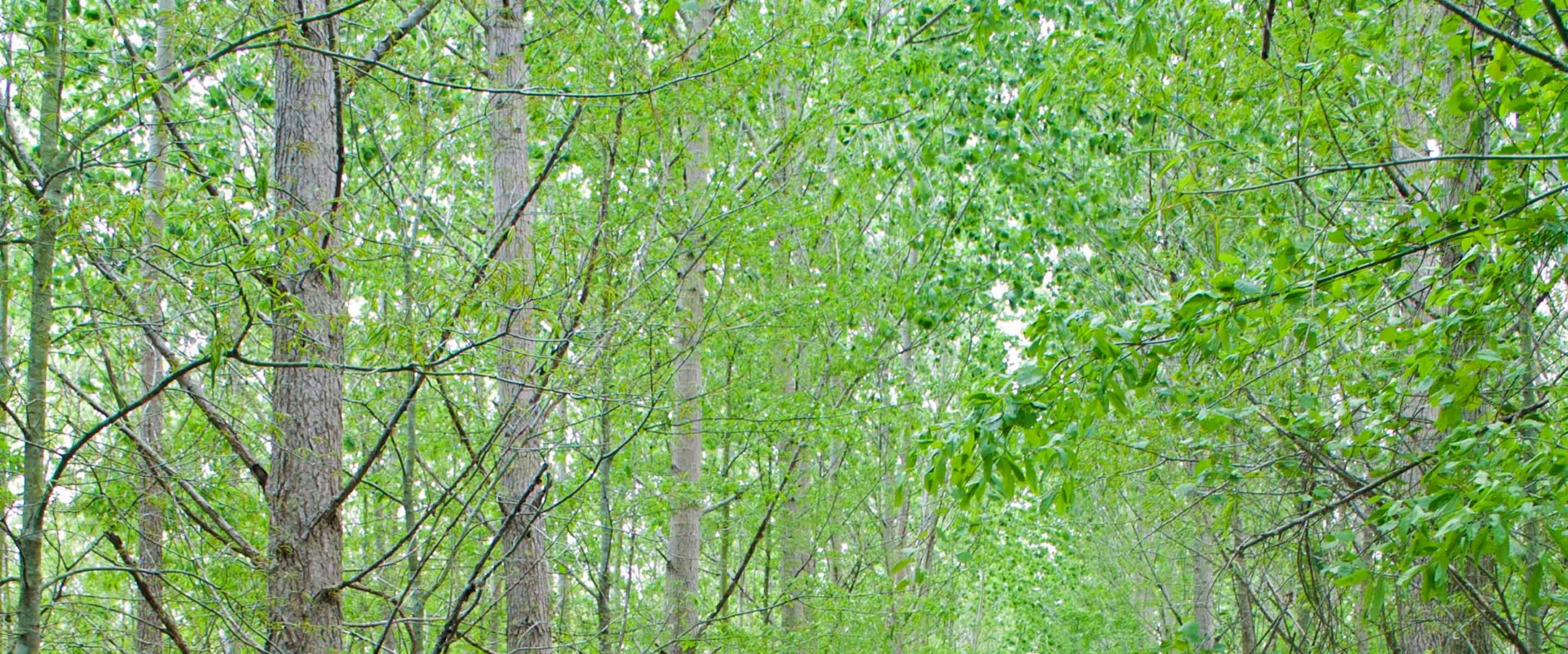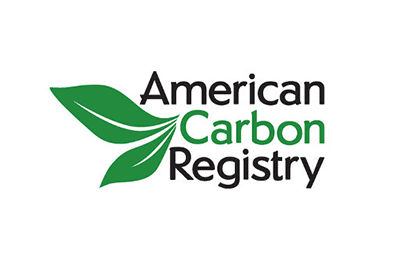This project is reforesting 1 million acres of farmland in the Lower Mississippi Alluvial Valley by planting and protecting trees. In addition to storing carbon, the revitalized forest will generate income for local landowners, provide a habitat for migratory birds, and prevent pollution from entering the Mississippi River.
Where & Why
The Lower Mississippi Alluvial Valley is the largest floodplain in the United States, covering approximately 25 million acres in Louisiana, Mississippi, Arkansas, Missouri, Kentucky, Illinois, and Tennessee. Considered by many to be North America’s rainforest, the valley provides a vital habitat for many plant and animal species, particularly migratory birds. It is estimated that 40% of North America’s waterfowl and 60% of all bird species migrate along the Mississippi River.
Over the last 50+ years, the landscape of this region has dramatically changed. The Lower Mississippi Alluvial Valley was once covered by 22 million acres of dense hardwood forests, but much of this land has since been cleared for development or converted to farmland. Today, less than 20% of the original forest remains.
The destruction of this critical habitat has come hand-in-hand with dwindling wildlife populations. The loss of this forestland has also resulted in increased soil erosion and nutrient pollution, which contributes to a decline in water quality and the expanding dead zone in the Gulf of Mexico.
How & Who
This project aims to reduce emissions by helping the Mississippi Alluvial Valley reach its potential to become a huge carbon sink. GreenTrees is the largest reforestation project in North America, with the goal of restoring 1 million acres of farmland into hearty forests.
The project works with more than 500 local farmers and landowners who commit to planting and protecting trees on their agricultural land in return for carbon revenues. Native hardwoods are interplanted with fast growing cottonwoods to accelerate the growth and quality of the forest.
The project also supports sustainable tree harvesting, which creates jobs and additional income for local communities, as well as a supply of renewable biomass. In addition to providing a revitalized habitat for wildlife, the restored forests will play an important role in improving water quality by filtering nutrients out of runoff and preventing soil from washing into the Mississippi River.

Environmental Benefits
- Mitigates climate change by storing carbon
- Restores wildlife habitat and protects biodiversity
- Reduces soil erosion
- Improves water quality

Community Benefits
- Provides revenue for low-income landowners
- Creates local jobs
- Enhances protection against flood damage
- Provides a renewable biomass supply
Project Type

Forests
Location
Annual CO2 Reduction
553,037 metric tons CO2e
SDGs Supported
Verification Standard
Project Developers
c2i LLC, Virginia
Project Documents
Offset your Travel Footprint
Calculate and offset the carbon footprint of your flight in seconds via our online carbon calculator! Already know your carbon footprint? Click the option to “offset now.”






